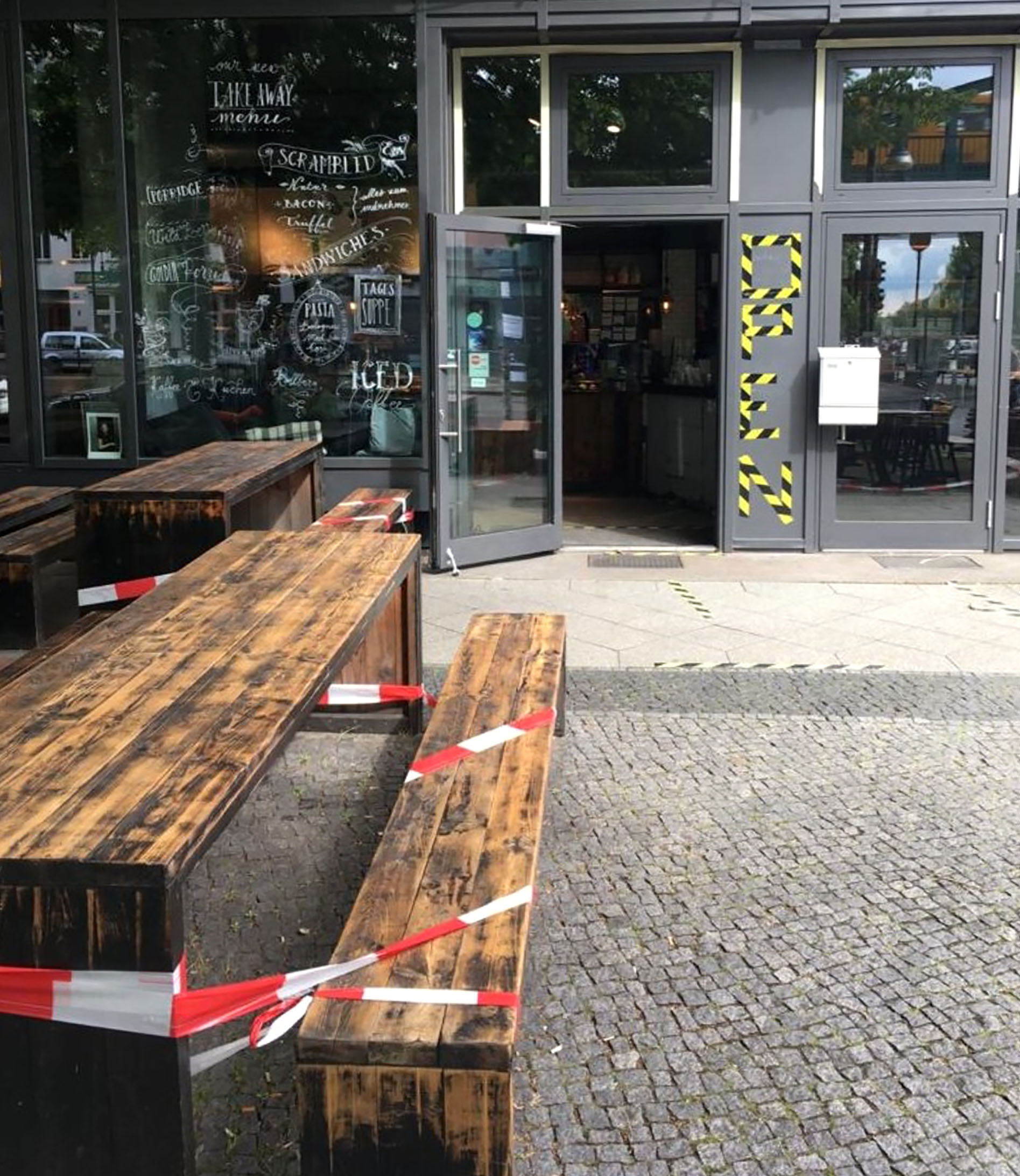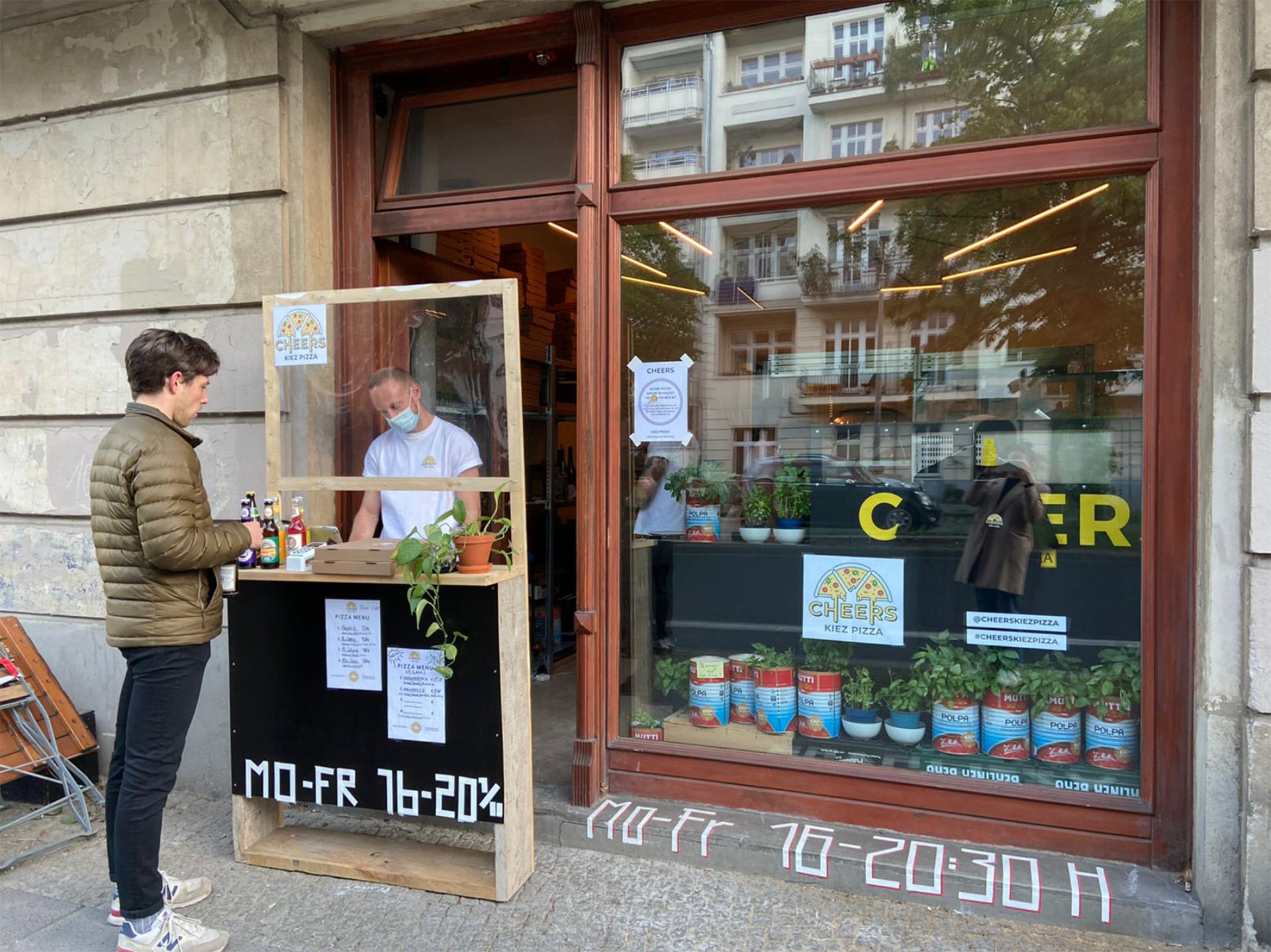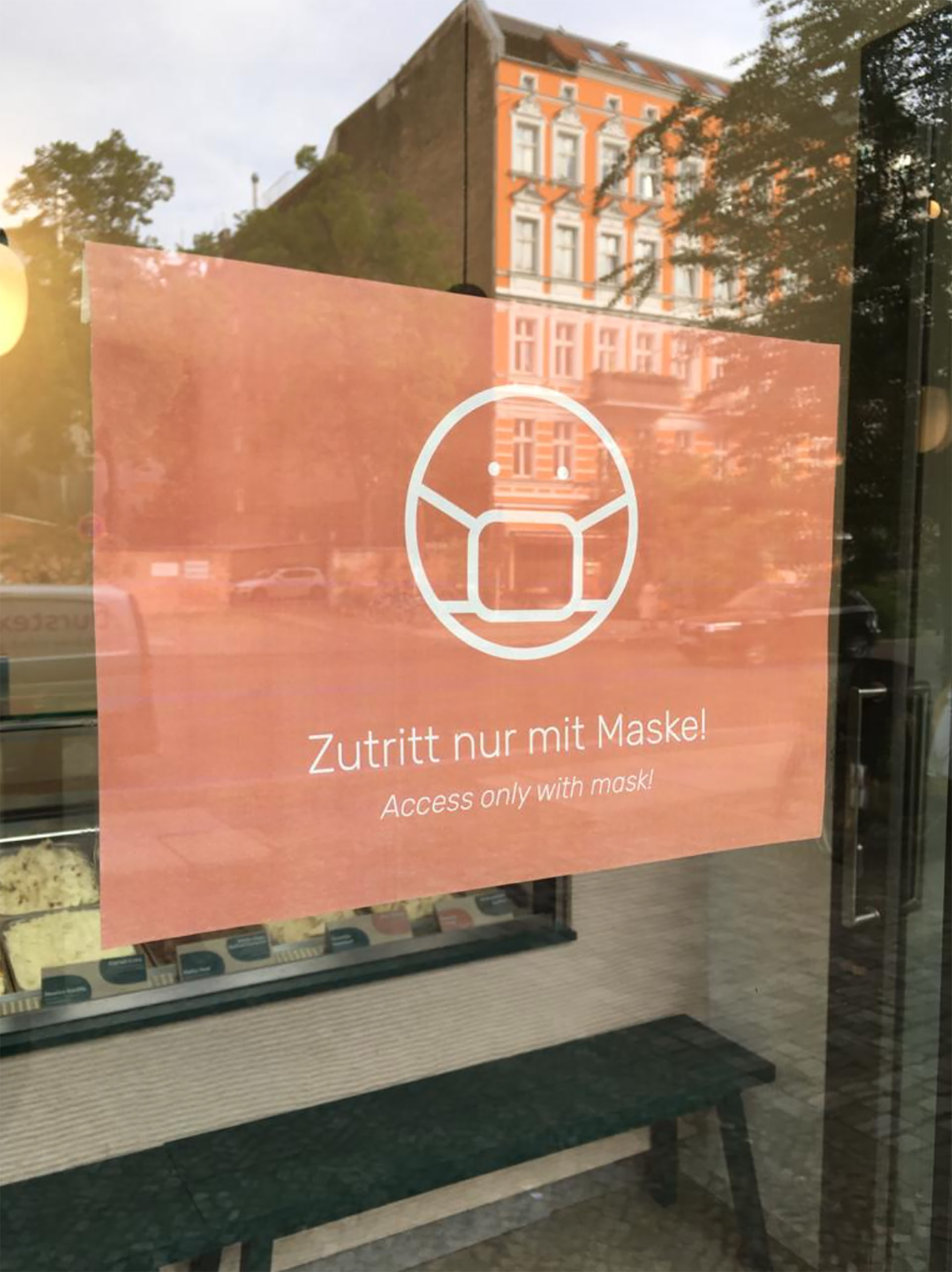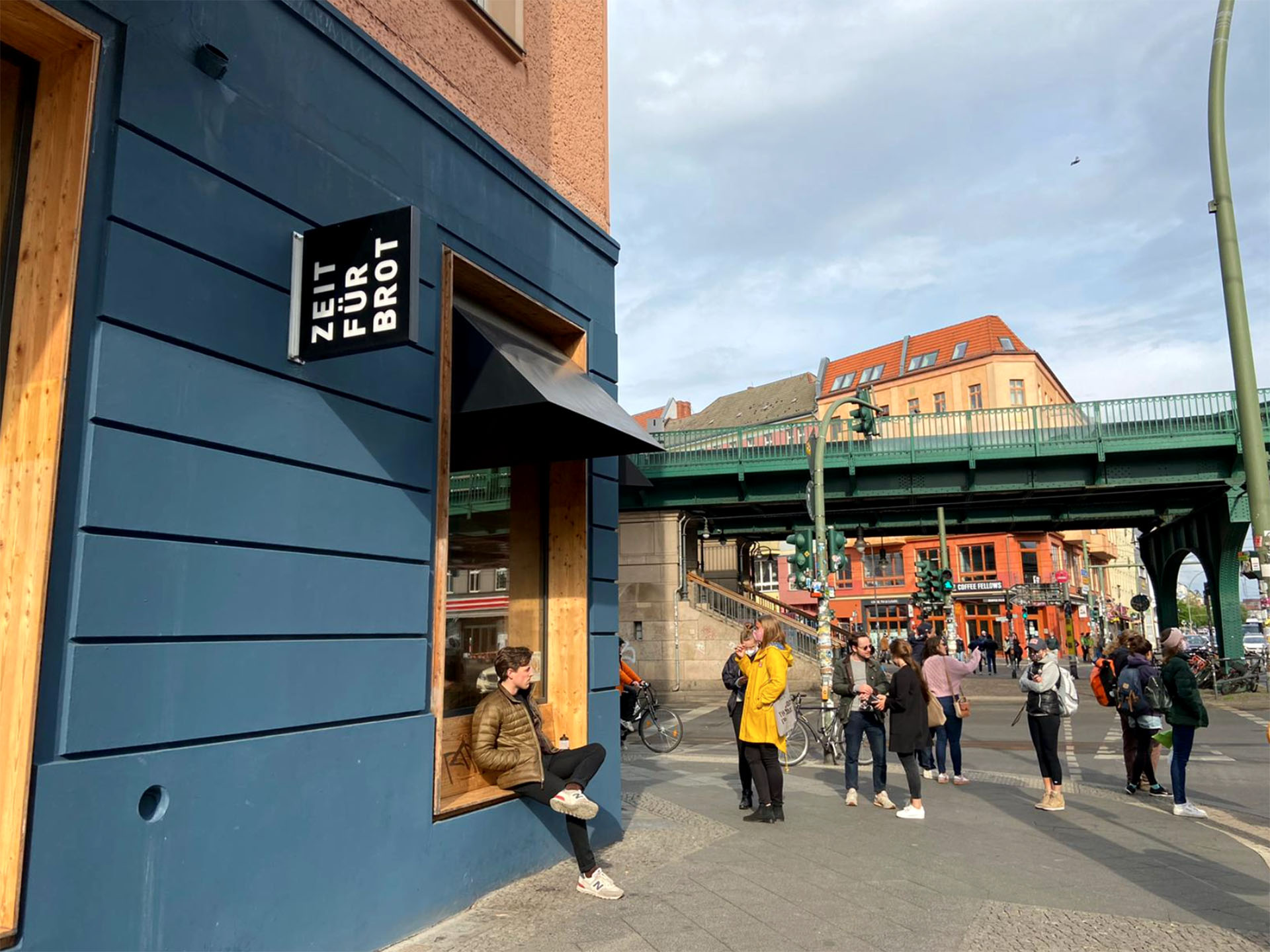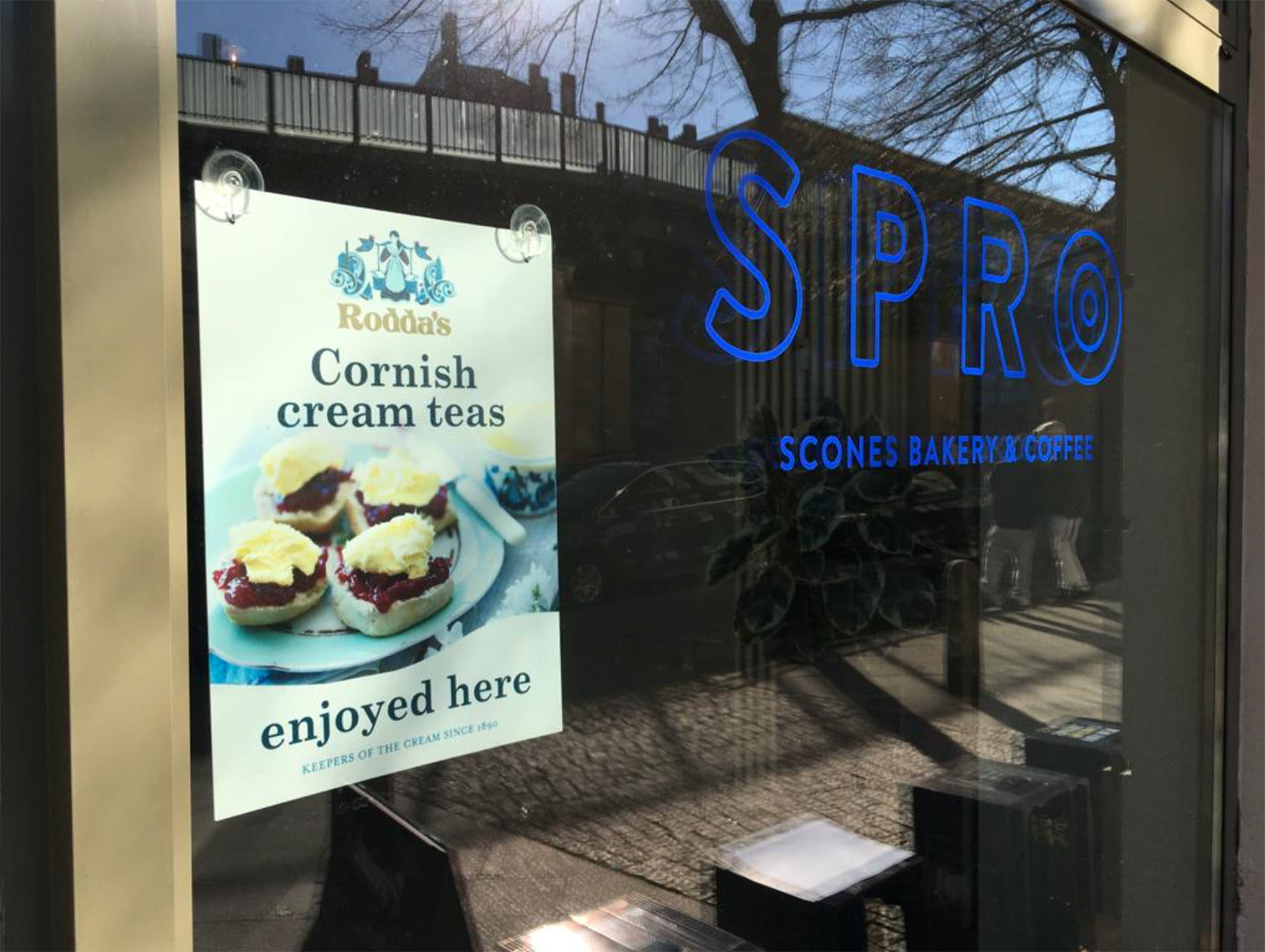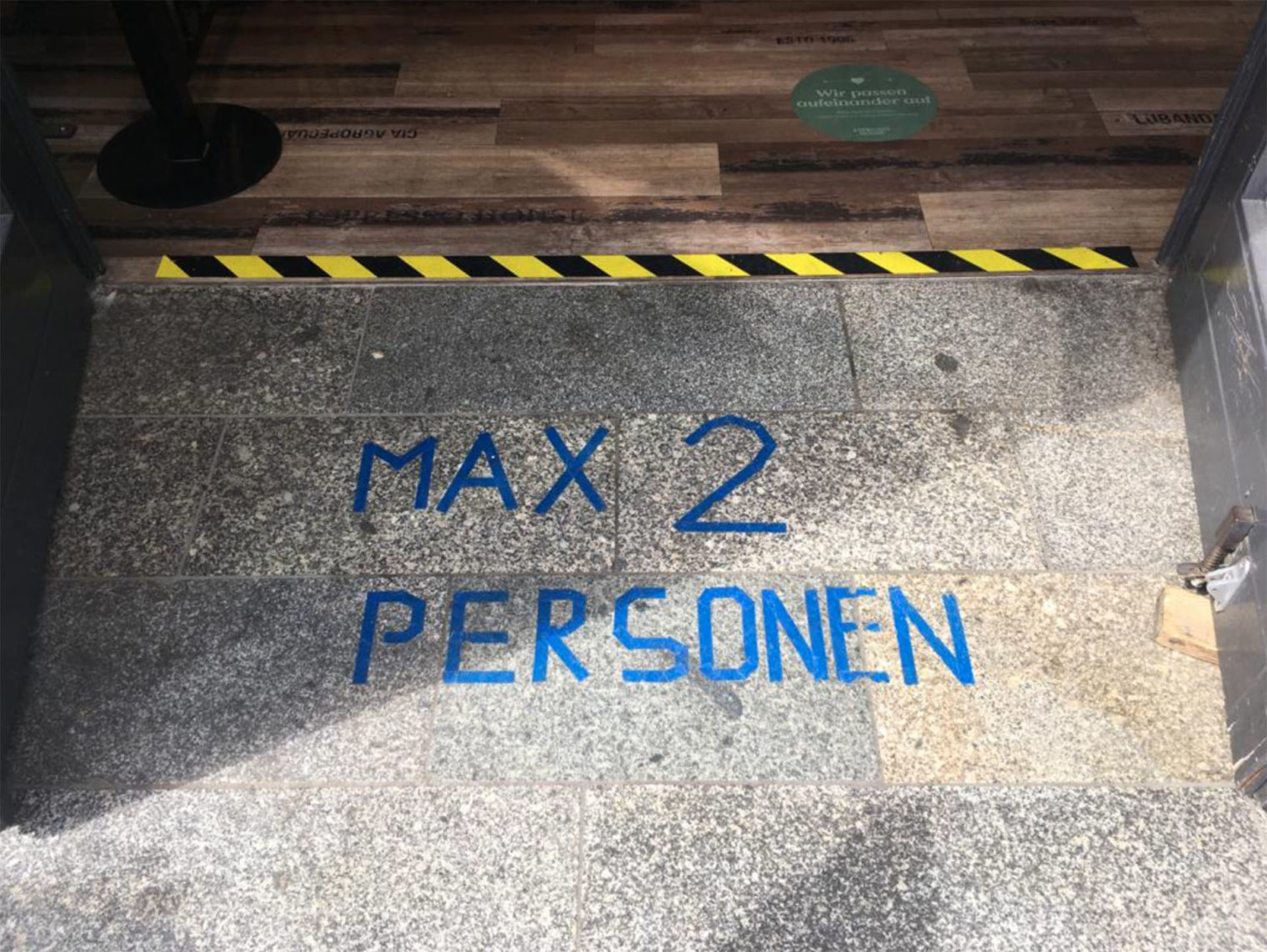Remember Europe? Well don’t worry, it’s still there, across the Channel. I should know, because I’m writing these notes from Berlin, in my flat in the post-hipster neighbourhood of Prenzlauer Berg. I say post-hipster because I am reliably informed that all of the hipsters have now moved south of the Spree to Kreuzberg. In any case, they left behind some great coffee places. And vintage bike shops. And yoga studios. You get the idea. To introduce myself a little, I am a retail consultant by day and a coffee enthusiast by – well, also by day. And as such, I have been focusing my attention recently on what retailers could and should be doing to safeguard their businesses during the Covid crisis. Cafés have been hit particularly hard by the lockdown, usually relying on high footfall and high volume to turn a profit. It’s been a tough couple of months, but with the German government slowly beginning to ease restrictions, locals are starting to get an impression of what the new post-lockdown reality could look like for Prenzlauer Berg’s many cafés, bars, restaurants, Imbisse, Gaststätten, Wirtshäuser und Kneipen (nb. Germans have lots of different words for essentially the same thing). But first, let’s remind ourselves of the situation back in the UK.
Stay Alert. Well that seems pretty straightforward to me. The UK government is clearly instructing Brits to drink more coffee. A fine bit of practical advice, indeed. There was to follow however, a less encouraging announcement; that prohibitive lockdown measures for the hospitality industry are set to remain in place, meaning that the nation’s cafés – including Lancaster’s beloved Atkinson’s – are facing the continued prospect of running limited operations (takeaway and online) until at least July 1st. Disappointing news for business owners and coffee lovers alike, but at least there is finally a glimmer of light at the end of the lockdown tunnel.
Alright then, you may say, what’s another 6 weeks without a flawlessly brewed filter from the Hall? You’re prepared. You just picked up that kilo of Red Bourbon Honey from the shop. Your Wilfa CCM-1500S is humming away in the corner of your kitchen. And when you run out of homebrew, you can always pop down to the Castle for a takeaway latte – preferably mid-exercise, the Lancashire Constabulary would like me to add. Good, well that’s the spirit, and after all, 6 weeks is not that long in the grand scheme of things. Or at least it didn’t use to be. Times have certainly changed. The support of the government’s furlough system has been warmly welcomed, but businesses are nevertheless facing a battle to get through this unprecedented period of disruption. And even when restrictions are lifted, things may not quite look or feel the same as they were before Covid.
Back in Berlin, I set off on a stroll through the leafy streets and squares of Prenzlauer Berg. Face mask in one jacket pocket, hand sanitiser in the other. I’d like to see for myself how local cafés and businesses are faring following the further lifting of restrictions this week. For weeks, the streets have been eerily quiet, but recently the hum of activity has returned, with more and more shops rolling up the shutters, and Berliners out and about in greater numbers. Since Frau Merkel announced national lockdown measures back in mid-March, cafés have been reduced to offering takeaway food and drink only, while others remain closed altogether. The latter category includes Café Kraft on Schivelbeiner Strasse, one of my local favourites. The super hip barista staff usually serve up a cracking flat white, but it’s quite a compact place and apparently they haven’t found a way to open that adheres to the current social distancing guidelines. The shutters are down and someone’s sprayed “STAY AT HOME” in blue and green paint on the pavement outside. On closer inspection however, it appears that they have converted the kitchen and back room into a takeaway pizza setup. I’m impressed by the quick repurposing of space and the clearly marked pick-up points signifying a link up with one of the many home delivery apps based in Berlin.
